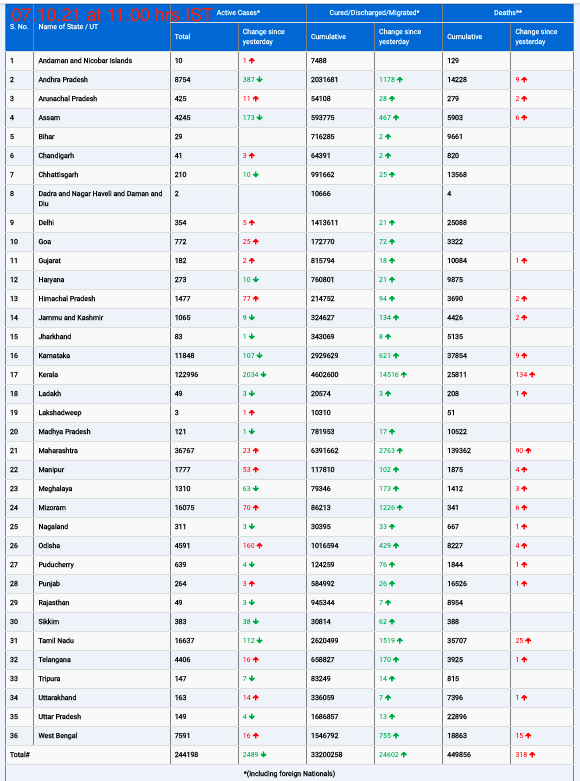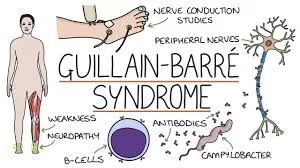A new study published in The Lancet Public Health by the Institute for Health Metrics and Evaluation (IHME) at the University of Washington’s School of Medicine reveals that US college graduates live, on average, 11 years longer than those who never finish high school. The comprehensive analysis, which covers over 3,000 counties across the United States, highlights a growing gap in life expectancy (LE) between individuals with higher education and those without it.
The findings show that the disparity in life expectancy between the most and least educated has steadily increased over time, from an eight-year gap in 2000 to nearly 11 years in 2019. College graduates have experienced the largest increase in life expectancy, with an increase of 2.5 years, reaching an average life expectancy of 84.2 years. Those who completed some college saw a smaller increase of 0.7 years, bringing their life expectancy to 82.1 years, while high school graduates gained 0.3 years, reaching 77.3 years. Meanwhile, individuals without a high school diploma showed no improvement, with an average life expectancy of 73.5 years.
Senior author Laura Dwyer-Lindgren, Associate Professor at IHME, explains that education often leads to better employment opportunities, including higher-paying jobs with fewer health risks, which ultimately contribute to better overall health and access to healthcare. She adds, “This puts people in a better position to build a healthy life and, when needed, obtain high-quality health care.”
The study also noted significant geographic variations in life expectancy across US counties. For instance, life expectancies for college graduates ranged from 75.2 to 93.9 years, while those without a high school diploma ranged from 57.9 to 90.1 years—a difference of 32.2 years. These disparities were most pronounced in counties in the Southeast, Appalachia, and South Dakota, where life expectancy was particularly low for those without a high school diploma.
Nationally, the study found that women generally had higher life expectancy than men across all education levels. However, the gap in life expectancy between the least educated and most educated was found to be growing more significantly for men over the past two decades.
In a global context, if US college graduates were a separate country, their life expectancy would have ranked fourth worldwide in 2019, surpassing 195 other countries. On the other hand, individuals without a high school diploma would have ranked 137th globally.
The study’s results underscore the importance of education in determining life expectancy and the need for policies to address educational disparities to help improve public health.
Disclaimer: This article is based on findings from a study published in The Lancet Public Health (2025). The interpretations and conclusions drawn are those of the study authors and do not necessarily reflect the views of the editorial staff at The Lancet or the University of Washington. The research is observational and does not establish causal relationships. Further research is required to explore the underlying mechanisms behind these findings.












